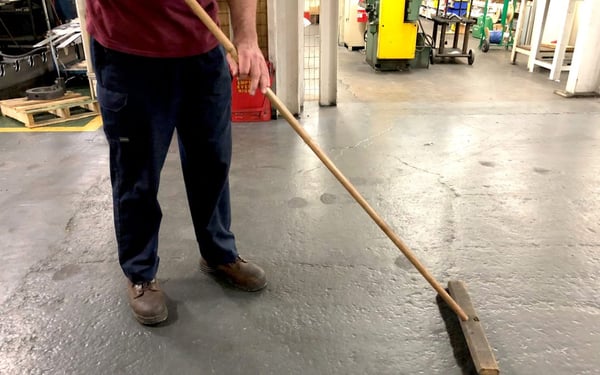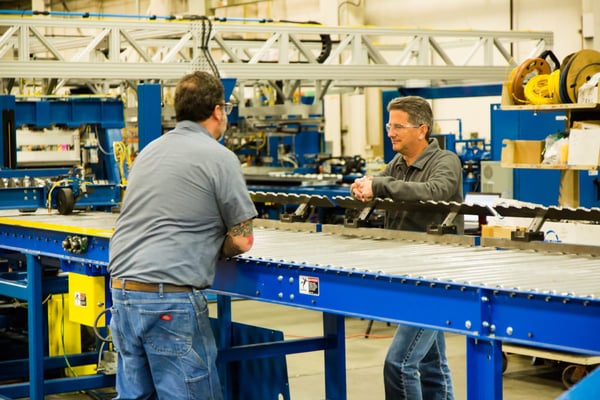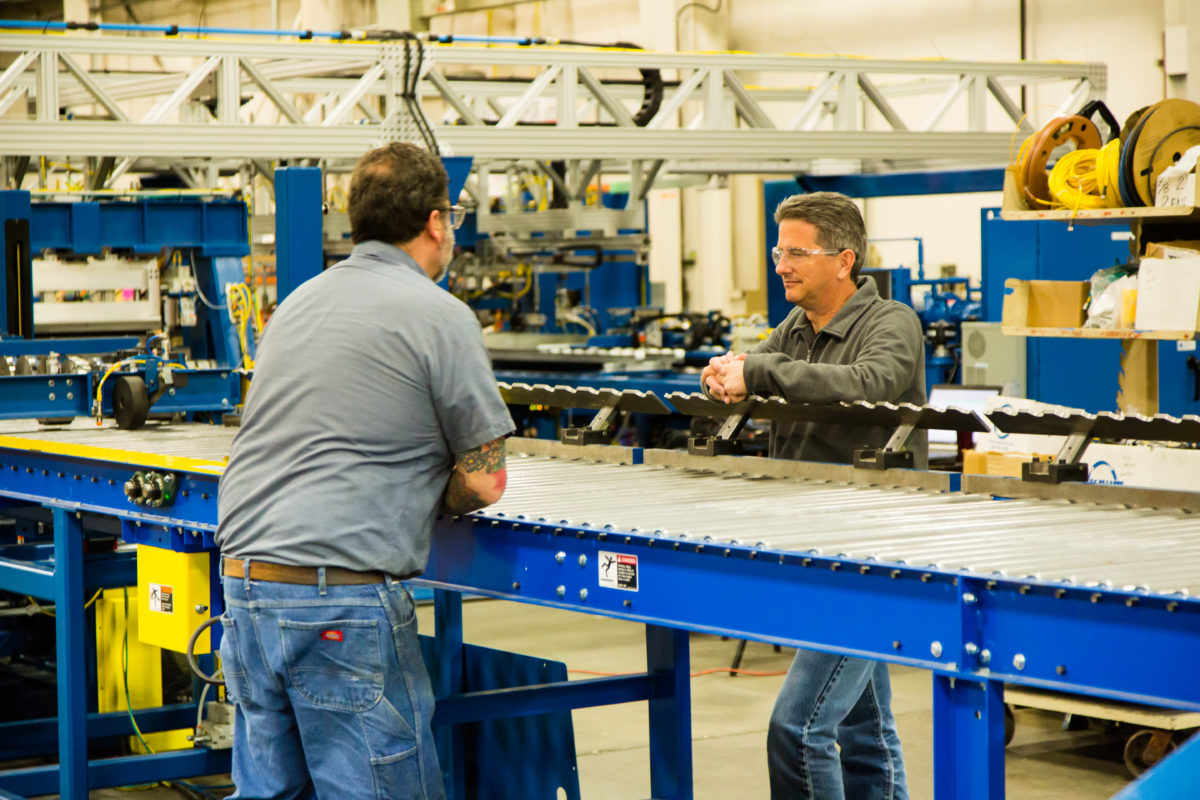In the ever-evolving world of manufacturing, efficiency and quality are paramount to success. This is particularly true for metal forming and fabricators, where precision, speed, and cost-effectiveness is vital. In recent years, lean manufacturing has emerged as a transformative approach to optimize production processes and eliminate wasteful practices. In this blog post, we will delve into the importance of lean manufacturing practices for metal forming and fabricators and how they can significantly impact the industry.
Streamlining Production Processes
Lean manufacturing emphasizes the identification and elimination of non-value-added activities and waste throughout the production process. For metal forming and fabricators, this means optimizing operations such as cutting, bending, welding, and finishing. By mapping the workflow and identifying bottlenecks, redundancies, and unnecessary steps, lean practices enable companies to streamline their processes. This leads to reduced lead times, improved productivity, and increased throughput.
Waste Reduction
Waste in manufacturing comes in various forms, including excessive inventory, overproduction, defects, waiting time, and inefficient transportation. Lean manufacturing encourages metal forming and fabricators to adopt a waste-reduction mindset. By implementing techniques such as Just-in-Time (JIT) production, 5S methodology (Sort, Set in Order, Shine, Standardize, Sustain), and Total Productive Maintenance (TPM), companies can minimize waste, optimize material usage, and maximize operational efficiency.
Continuous Improvement and Problem-Solving
One of the key tenets of lean manufacturing is the commitment to continuous improvement. Metal forming and fabricators can harness this philosophy to foster a culture of problem-solving and innovation within their organizations. By empowering employees at all levels to identify and address issues, lean practices create a collaborative environment that promotes efficiency gains and quality enhancements. Regular analysis of production data, feedback loops, and the implementation of Kaizen events (focused improvement activities) help drive incremental and sustainable improvements.
Enhanced Quality Control
Quality control is of utmost importance in metal forming and fabrication processes. Lean manufacturing principles support the implementation of robust quality control mechanisms to ensure that defects are identified and corrected early in the production cycle. Techniques such as mistake-proofing (Poka-yoke), statistical process control (SPC), and value stream mapping aid in identifying quality issues, reducing variability, and enhancing overall product quality. The adoption of lean practices promotes a "right the first time" mentality, leading to improved customer satisfaction and reduced rework or scrap rates.
Employee Engagement and Empowerment
Lean manufacturing is not solely focused on processes and technology; it also recognizes the importance of engaging and empowering employees. In metal forming and fabrication, skilled workers play a critical role in delivering high-quality products. Lean practices encourage cross-training, standardization of work procedures, and involvement of employees in problem-solving activities. This fosters a sense of ownership, collaboration, and continuous learning, ultimately driving motivation and productivity.
Enhancing Efficiency and Quality with Lean Manufacturing
Lean manufacturing practices have become indispensable for metal formers and fabricators aiming to excel in a competitive marketplace. By streamlining production processes, reducing waste, fostering continuous improvement, enhancing quality control, and engaging employees, lean practices offer a framework for sustainable success. Embracing lean manufacturing principles can lead to increased efficiency, cost savings, improved customer satisfaction, and a competitive advantage in the metal forming and fabrication industry. It's time for manufacturers to embrace lean manufacturing and reap the benefits it offers.



